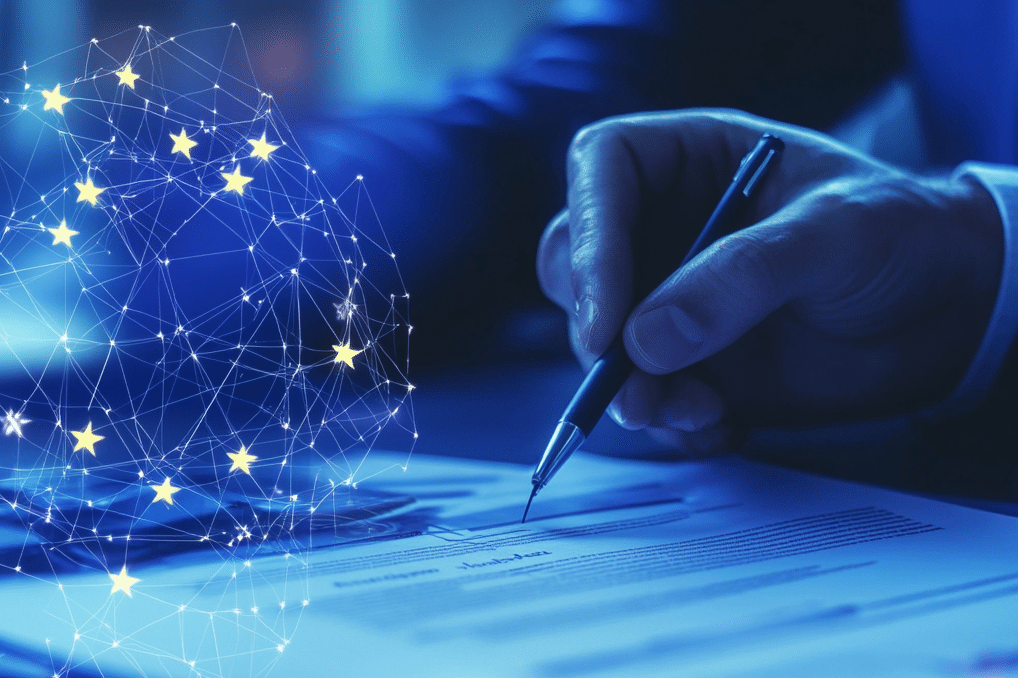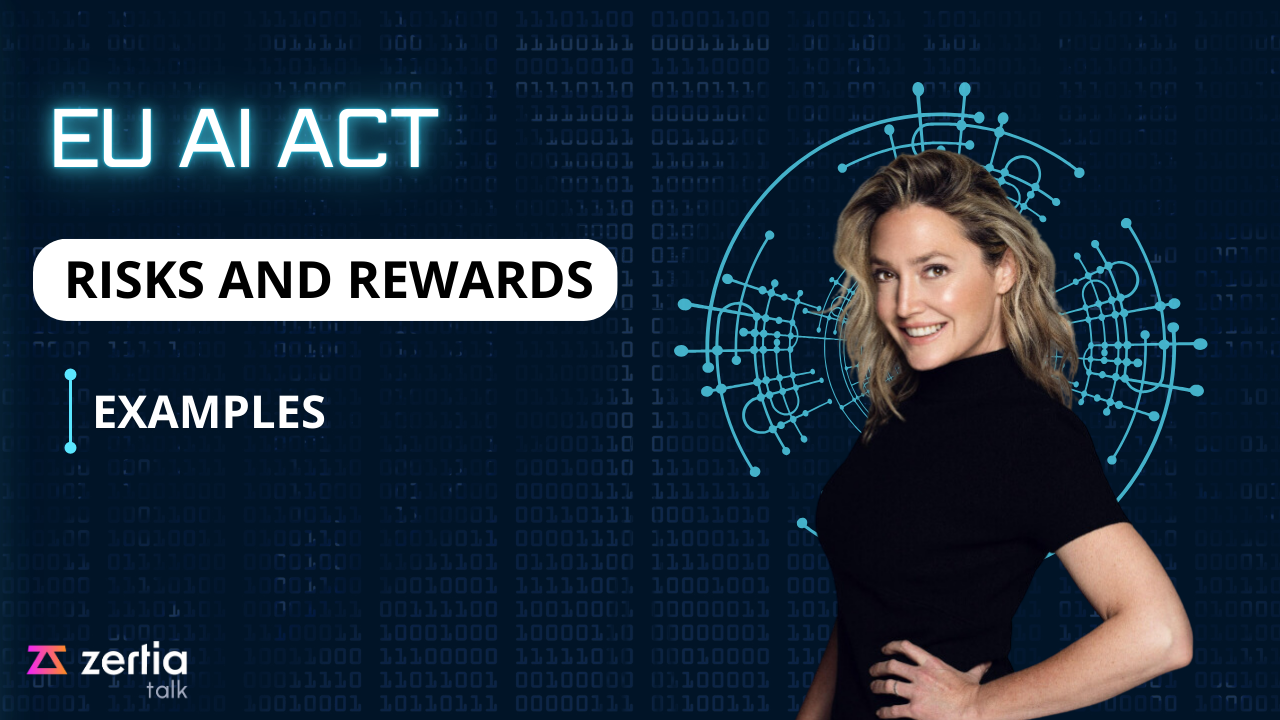The EU Strengthens its Commitment to Ethical AI with New International Agreement
Today, the European Commission, on behalf of the EU, signed the Council of Europe’s Framework Convention on Artificial Intelligence (AI), marking a significant milestone in AI governance. This convention is the first legally binding international agreement on AI and is aligned with the EU AI Act, which is the world’s first comprehensive AI regulation.
The Framework Convention establishes a unified approach to ensuring that AI systems respect human rights, democracy, and the rule of law, while also fostering AI innovation and building public trust. The convention includes provisions derived from the EU AI Act, such as the risk-based approach for identifying high-risk AI systems and ensuring AI compliance with transparency and accountability throughout the AI lifecycle.
Key Elements of the Council of Europe AI Framework Convention
The Framework Convention includes several critical components aligned with the EU AI Act, such as:
- A risk management framework that mandates strict controls for high-risk AI systems.
- Obligations for AI audit and documentation of AI systems to ensure their compliance with AI governance standards.
- Prohibited AI systems, which present clear threats to fundamental human rights, are banned under the Convention, further reinforcing the protection of democratic values.
Transparency and Accountability in AI Systems
The convention emphasizes the importance of transparency throughout the AI value chain, ensuring that each stage of AI development, from design to deployment, can be traced and audited. This aligns with the EU AI Act’s focus on holding developers accountable for the potential risks posed by high-risk AI systems, such as those used in critical infrastructure, law enforcement, and healthcare.
Global Collaboration for Ethical AI Governance
The signing of this convention took place at the informal Council of Europe Ministers of Justice conference in Vilnius, Lithuania. It involved negotiating parties such as the EU, the Holy See, the United States, Canada, Japan, Australia, and several other countries. The collaboration included 68 international representatives from civil society, academia, and industry, ensuring a comprehensive and inclusive approach to AI regulation.
This international agreement complements the EU’s ongoing efforts to shape global AI governance, with discussions taking place at forums such as the G-7, OECD, G-20, and the United Nations.
Integrating the Framework Convention into the EU’s AI Ecosystem
The Council of Europe Framework Convention will be integrated into the EU legal framework through the EU AI Act, setting the foundation for harmonized AI governance across Europe. The AI Act ensures that AI systems introduced, deployed, and used within the EU comply with ethical standards that protect human rights and promote trust in AI technologies.
Next Steps for the Ratification of the Framework Convention
Following the signing of the Framework Convention, the European Commission will prepare a proposal for a Council Decision regarding its ratification. The European Parliament will also need to give its approval, further cementing the EU’s commitment to maintaining ethical standards in AI development and deployment. This reinforces the EU’s leadership in AI governance and its proactive stance on regulating high-risk AI systems.
The Future of Ethical AI in the EU
The EU’s signing of the Council of Europe Framework Convention on AI marks a major step towards creating a unified global standard for AI governance. This commitment to ethical AI, aligned with the EU AI Act, showcases the EU’s leadership in AI regulation, ensuring that future AI systems respect fundamental human rights, democracy, and the rule of law.






